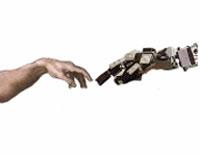Subject Area: History and Philosophy of Science
Scientific and Technological Controversies take a particularly high profile today, dominating media coverage and broader community discussion of science and technology. This is because controversies are unrivaled in how they illuminate the collision of technical and contextual claims. While dominated by technical debate the uncertainty around which controversies revolve provides a space in which the value-laden differences between disputants play out.
This course provides advanced, research informed insights regarding controversy and how they can be understood and analysed. Year to year different staff will provide different theoretical accounts of Scientific and Technical Controversy integrating and further developing key ideas introduced in other level 2 History and Philosophy of Science courses and providing a stepping-stone to advanced History and Philosophy of Science courses. The course provides an excellent complement to other level 2 History and Philosophy of Science courses synthesising and integrating key ideas and providing advanced theoretical content.
In 2010, this course examines Galileo's scientific discoveries and his defence of Copernicanism against Aristotle and the Church. It also examines "the greatest scandal in Christendom" - the trial and condemnation of Galileo by the Catholic Church in 1633. Issues raised include the perennial conflict between science and religion as well as central issues in the history and philosophy of science. Students will view Jupiter's moons and the phases of Venus, first seen by Galileo, and they will participate in a "re-trial" of Galileo re-enacting the Roman Inquisition hearing.

